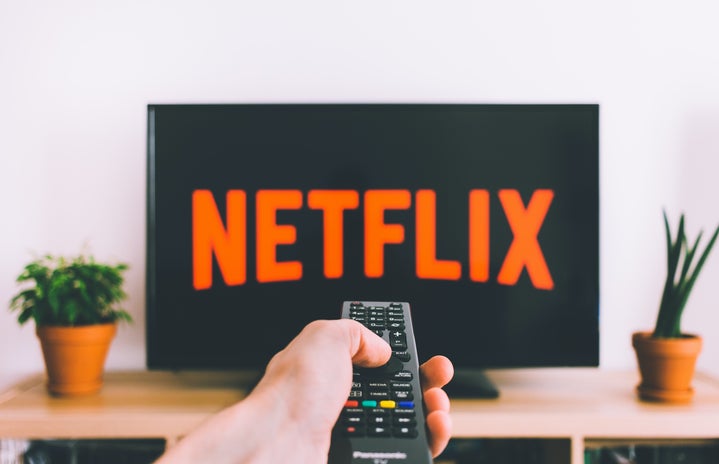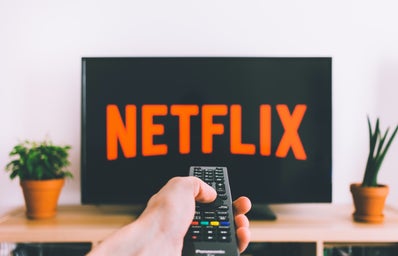When I first heard about Netflix releasing The Social Dilemma, the last thing I wanted to do was watch it. I immediately assumed it would simply be another documentary warning about the negative impacts of social media on teens’ mental health and about how young people are just consumed by their phones. In other words, it would just be something that has already been talked about enough, and that frankly feels a bit patronizing to listen to at this point. After seeing all the buzz it was causing online, I decided to give it a chance. Instead of the tired narrative I expected, I found something much more sinister.
“The technology that connects us also controls us” is the tagline for the new Netflix documentary, which was released on the platform on September 9th. It’s directed by Jeff Orlowski, who is known for Chasing Ice (2012) and Chasing Coral (2017), both highly-praised documentaries depicting the effects of climate change. The format of his new film takes on a documentary-drama hybrid approach, including insightful interviews with tech industry insiders expertly intertwined with a fictionalized narrative of a typical American family living in the suburbs and facing the challenges of screen time addiction.

Watching The Social Dilemma makes us feel like we are living through an episode of Black Mirror, bringing about the realization that the type of horrors depicted in the popular sci-fi show are not as far from reach as we would like. In the film, tech industry leaders from companies such as Google, Facebook, and Instagram divulge secrets from Silicon Valley’s dark underbelly. They confess to us that the business model for their companies entails exploiting weaknesses in human psychology in order to keep users engaged online for as long as possible. They do this by surveilling every move we make online and using algorithms to predict our behavior. This informs viewers that tech companies get paid by advertising companies to feed us their advertisements, which means that users are not the customers—we are the product. Our attention is the product. And we are worth more to corporations when we’re “spending time staring at a screen, staring at an ad, than if we’re spending that time living our life in a rich way,” as stated by Justin Rosenstein, a former engineer at Facebook.
As if that wasn’t disturbing enough, The Social Dilemma dives even deeper. The fictionalized narrative shows us interspersed scenes of a teenage boy who falls for every trap social media has to offer and winds up being politically radicalized, much like it often occurs in our world today. As exaggerated, and sometimes cheesy, as the actors’ portrayal is, the vignettes do effectively bring to life what the tech insiders explain in their interviews. False information is more prominent on social media than real facts because it makes companies more money, meaning that profit is considered more important than the truth. This is a major driver in the polarization and destabilization we are seeing all over the world, and it poses a real threat to democracy.
The timing of this film’s release could not be better. We are all well aware of the disastrous nightmare 2020 has been; the Coronavirus pandemic, rampant police brutality, climate change, and the upcoming election have teamed up to create the perfect storm. This makes it hard to resist thinking we are headed straight for dystopia. The Social Dilemma encompasses all of our major societal problems and explains how social networks only serve to exacerbate these issues, marking this documentary as one of the most relevant films of our time. It is a call to action, and I hope viewers are taking it seriously. For a generation that takes pride in dismantling oppressive systems in the world, it would be exquisitely painful to watch us fall prey to the mind control of something we consider to be our most powerful tool. The Social Dilemma leaves viewers thoroughly enlightened, fairly alarmed, and disturbed into action.




